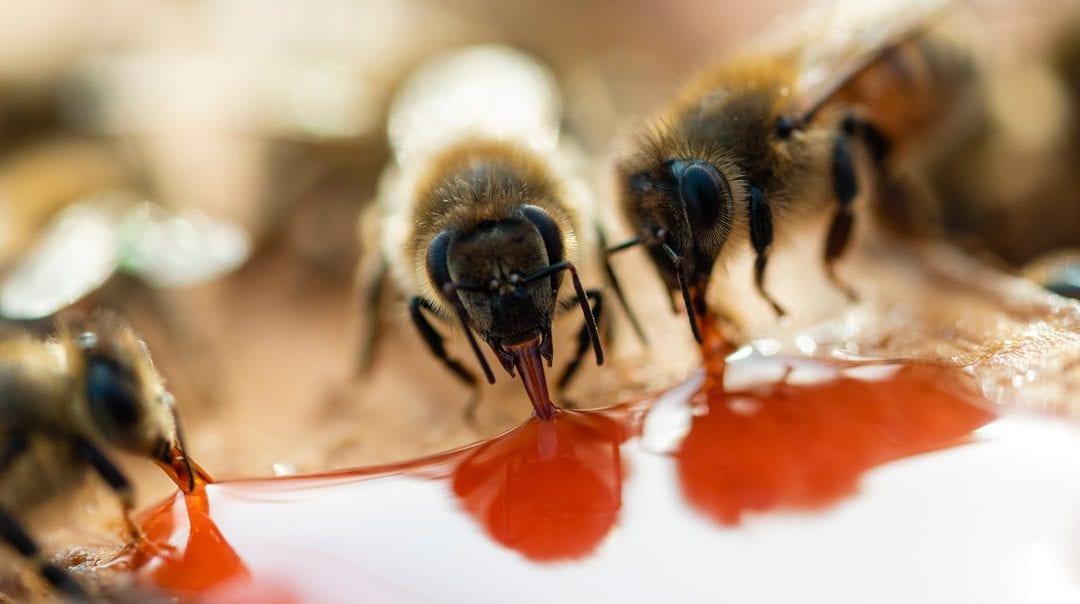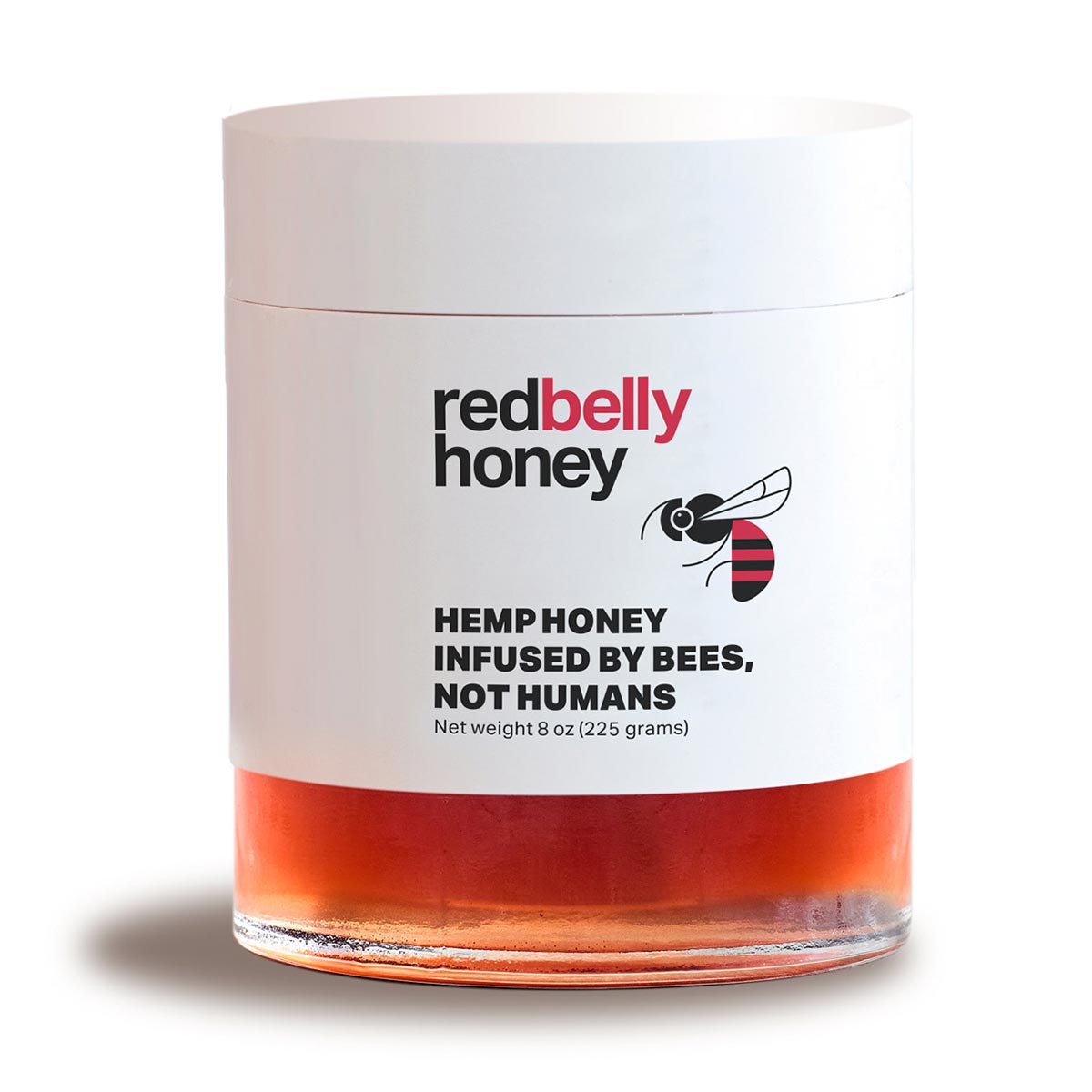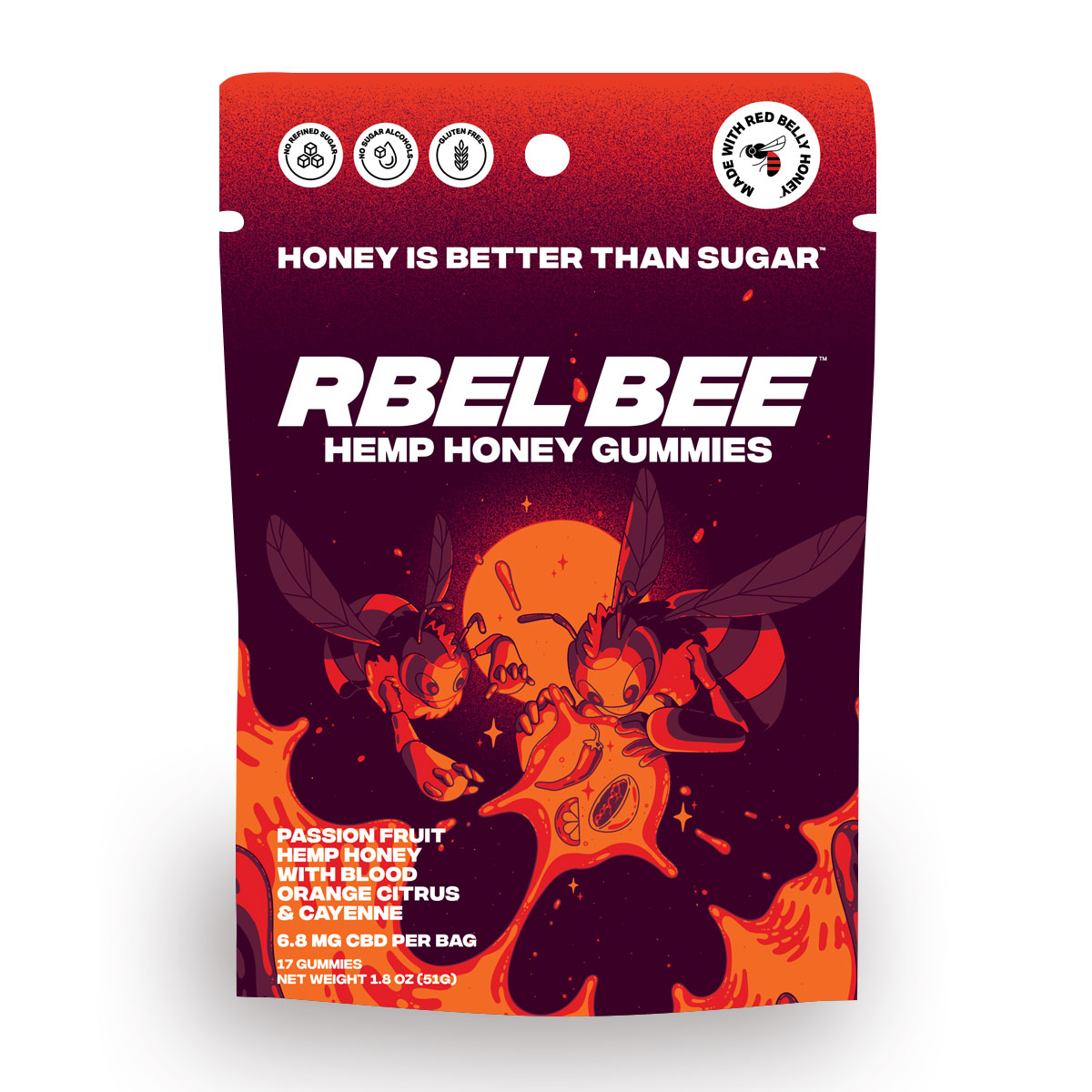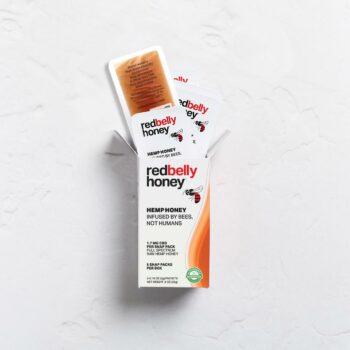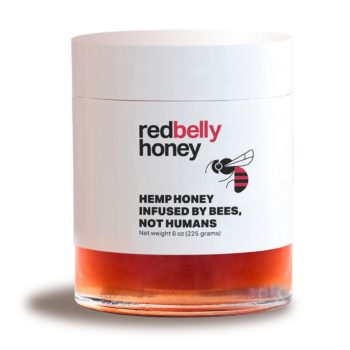Neonicotinoids mostly work by disrupting the nervous systems of insects, however, recent research has also suggested that these pesticides can also make bees more susceptible to parasites and viruses. This includes nosemosis, a disease caused by exposure to these pesticides, which is one causative factor for colony collapse.
When bees contract nosemosis it attacks the digestive system, causes weakness and cachexia (muscle loss). Bees cannot digest and absorb nutrients and then entire colonies can simply die.
Remarkably, a recent study from the Department of Invertebrate Ecophysiology and Experimental Biology, University of Life Sciences in Lublin, Poland about bees and hemp and another supporting study from Colorado State University found that hemp extracts could be the key to protecting bees who have been exposed to neonicotinoids.
The Polish researchers studied around 5,000 bees, looking at the potential protective effects of hemp extracts against neonicotinoid pesticides.
Inspired by reports that hemp extract protects human nerve cells, the researchers decided to check whether it would be the same in the case of a bee.
The research team found that bees exposed to both a neonicotinoid pesticide and hemp extract not only lived longer than the bees only exposed to the pesticide, but they also lived just as long as the bees that had no contact all with the pesticide.
It’s believed that the use of such hemp extracts could present a major breakthrough in the future of bee conservation.
Bees’ apparent soft spot for cannabis/hemp could be key to tackling the problem of declining bee populations. Unlike many other crops that require pesticides to grow, hemp can be grown virtually pesticide-free, leaving bees free to safely extract their pollen without also picking up the harmful chemicals.
Hemp extract significantly increased the activity of antioxidant enzymes, extending the life of bees to 49 days (for the strip method) and 56 days (for the syringe method). In addition, we showed that a faster and stronger effect was obtained during supplementation in syrup in syringes, where the activities for the enzymes SOD, CAT, GPx, GST, and TAC were the highest. Thanks to this, we believe that hemp extract can in the future contribute to the improvement of the natural immunity of honey bees and help them with the fight against environmental pollution and the increase of oxidative stress.
With this in mind, the Cornell University study states that ‘growers, land managers, and policy-makers should consider its value in supporting bee communities and take its attractiveness to bees into account when developing pest management strategies.
Watch The Bees That Make Red Belly Honey


